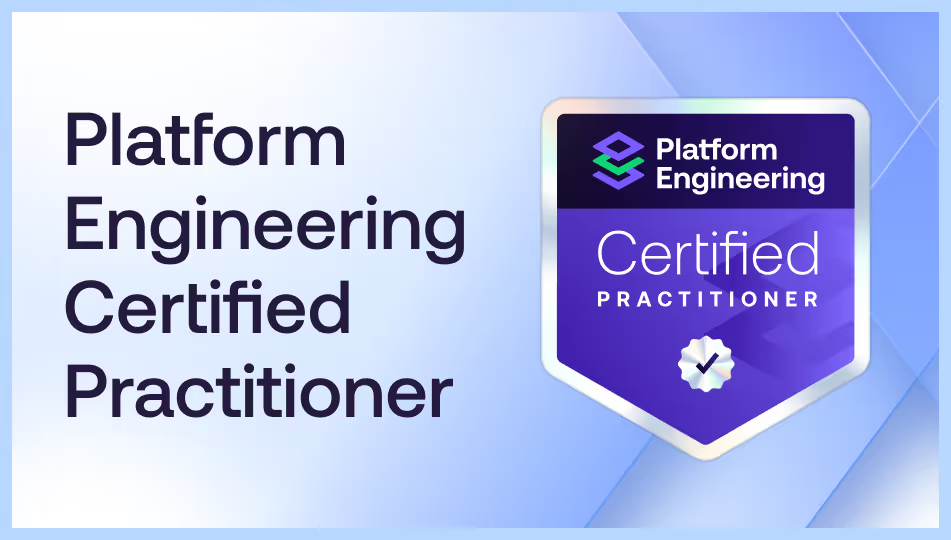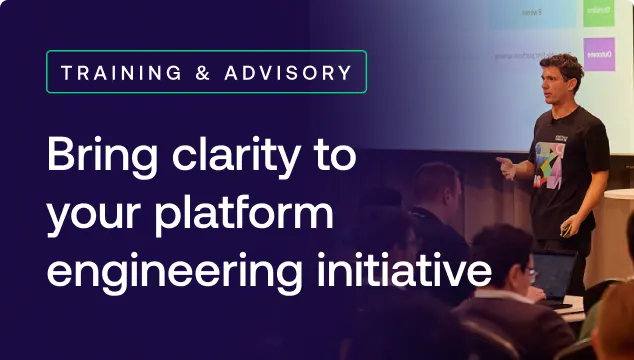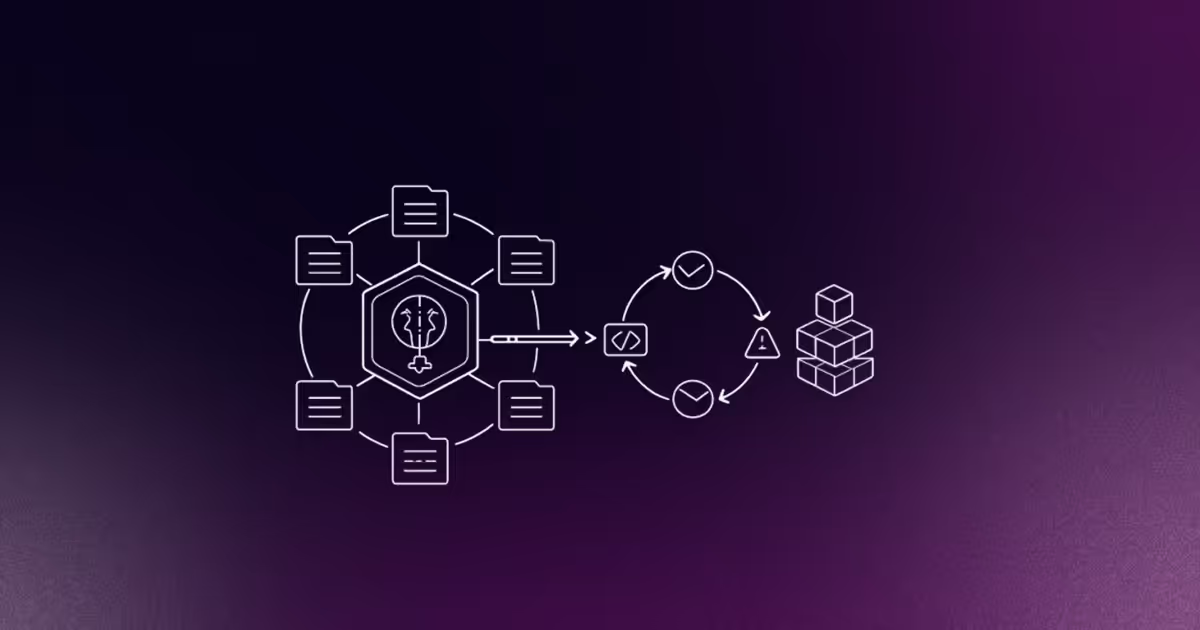In the last two years platform engineering went from a niche community with few senior practitioners to one of the key trends in the cloud native space. Gartner recently named it one of Top 10 Strategic Technology Trends for the second year in a row and even moved it higher on several of their hype cycles.

Yet, there are still so many unanswered questions when it comes to the role of the platform engineer. Thankfully, we have access to the largest community of platform engineers in the world to help answer them all. This has given us likely the most complete picture of what’s going on in the industry and community today, enjoy!
What questions did we ask?
We asked 200+ platform engineering practitioners about everything from years of work experience and salary, to the use of AI and education levels:
- Main areas of focus (filtered by those that primarily work on Platform Engineering + Developer experience)
- What do they primarily work on?
- Average salaries
- Average experience in years (filtered by those that primarily work on platform engineering + developer experience)
- Working setup (filtered by those that primarily work on platform engineering + developer experience)
- Use of AI (filtered by those that primarily work on platform engineering + developer experience)
- Highest level of education (filtered by those that primarily work on platform engineering + developer experience)
Industry job titles
Being still nascent, platform engineering doesn’t have extremely defined roles yet. But then again, DevOps, and SRE have been around for much longer and there’s still a lot of variance in what these titles at a given company actually mean. Hopefully, we can do better moving forward with platform engineering.
The survey revealed there are currently lots of titles at play. Only 26.09% of respondents in the US and 30.77% in Europe have ‘platform’ in their title. Less than 1% of those surveyed have ‘product’ and interestingly, only 3.3% have ‘DevOps’ in their title. The majority were a mixture of having general ‘engineering’ or ‘cloud’ job titles. So even though only ¼ of respondents had ‘platform’ in their name, they were the largest group compared to those that had DevOps, SRE, cloud, and general engineering titles.
This shows that platform engineering job titles are still opaque and inconsistent across the industry.

Use of AI
Of course, we couldn’t leave the biggest trend of the year (after platform engineering) out of the report. AI is covering every quadrant of every Gartner hype cycle diagram out there, and there have been dozens of articles about how this will impact the platform engineering space (here are my thoughts). But is it actively being used yet?
The survey confirmed that like in most verticals of software engineering (except maybe for copilot type of stuff), the AI hype has yet to be fully realized in the actual day-to-day work of platform engineers.

Salary results
And here comes the part that everyone is most interested in (and fairly so!): salaries. Last year we’d already shown how the salary delta between a DevOps and platform engineer was already quite significant. This year, it’s widening even further.
Our survey shows platform engineers in the US make on average 42.5% ($65,439) more money than DevOps engineers. In Europe the salary gap is smaller but still obvious, with platform engineers earning on average 18.64% ($15,871) more than their DevOps counterparts. This big difference could be a reflection of how platform engineers require a wider or more specialized skillset than DevOps professionals.

Let’s quickly cover some other data:
We wanted to learn what platform engineering practitioners did in terms of main job responsibilities. The majority told us IaC such as Terraform and Pulumi (42.08%) was their main area of focus. Not too far behind were respondents who work mainly on CI/CD such as Jenkins and ArgoCD (40.98%), followed by practitioners who focus on Docker / Kubernetes (37.16%). In the minority were respondents whose main area of focus is networking (19.13%).
.avif)
When it comes to professional background, US platform engineering practitioners have on average 17 years of work experience compared to those in the EU, who have on average 11 years. This comes as no surprise considering how far ahead the US tends to be when it comes to adopting new technologies.

Interestingly, despite the worldwide transition from remote to hybrid working, over half (54.81%) of survey respondents work remotely followed by hybrid workers (39.42%). In the US we see a big difference between those who work remotely (69.23%) vs those in a hybrid setup (23.08%). Whereas in the EU this gap is significantly smaller, with just over half who work remotely (50.82%) more closely followed by those who work in a hybrid model (45.90%). In the minority are survey respondents who work onsite (6.73%).

Finally we were curious to learn about platform engineering practitioners from an education perspective. Just over half have a Bachelor's degree (50.96%), while just under a third (29.81%) have continued to a Masters. In contrast, a tiny proportion have some trade (0.96%) or high school (0.96%) qualifications. The results show that platform engineering professionals typically gain at least a high school diploma, with the majority progressing through further education and onto university before starting their career path.

Why do these questions matter?
Platform engineering has been taking the industry by storm in the last few years. Just look at the numbers of practitioners in the Platform Engineering Slack channel (16k+, up from 2k+ just a year ago), the attendance at PlatformCon (20k+ in 2023), and the growth of the tooling landscape.
But there’s still a lot of work to be done. Titles are still crazy and all over the place. Team structures are not defined (article coming on that soon) and it’s unclear what best practice looks like. Even the actual output of a platform engineering team, the Internal Developer Platform (IDP), was not clearly defined until recently (these reference architectures for enterprise-grade IDPs changed that).
In the meantime, we’re thankful we can rely on this amazing community to keep pushing all this forward and providing us with rich insights like these survey results, to help us get there.













